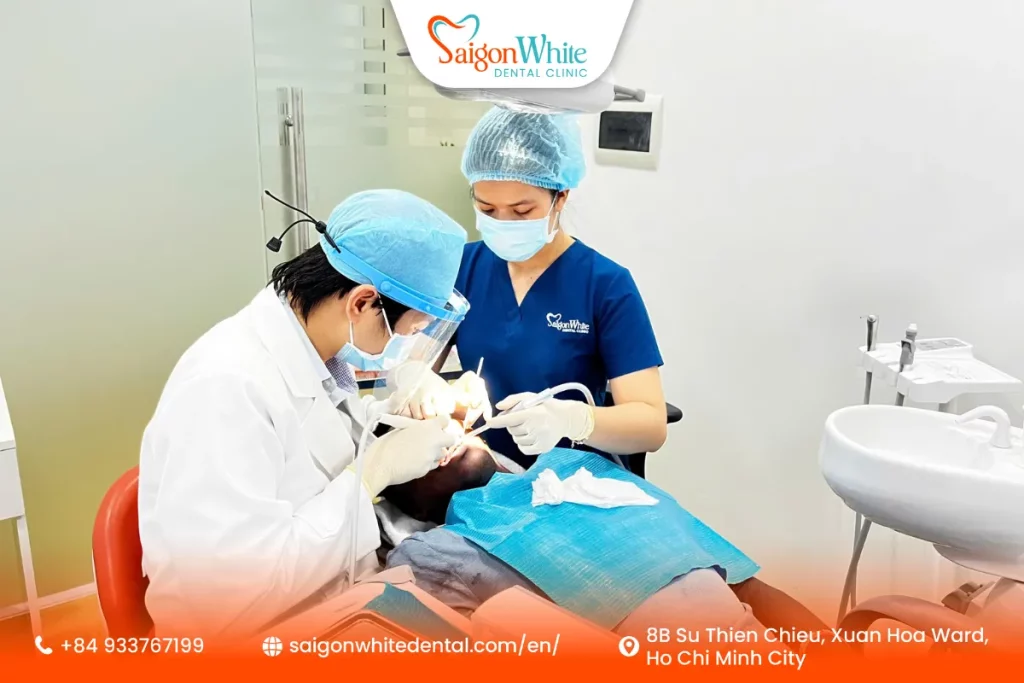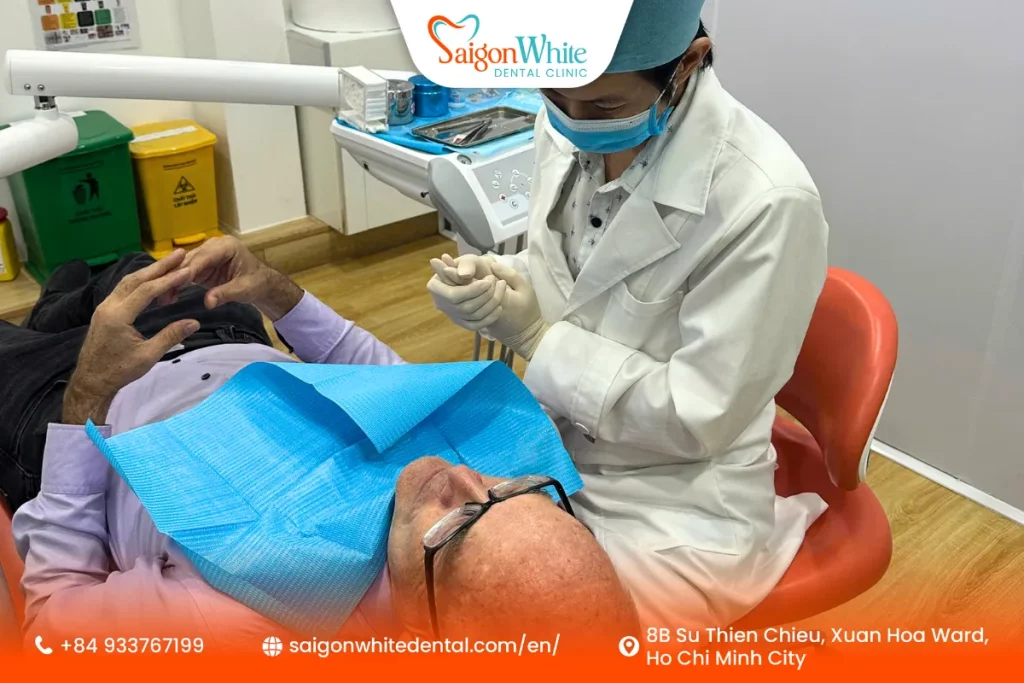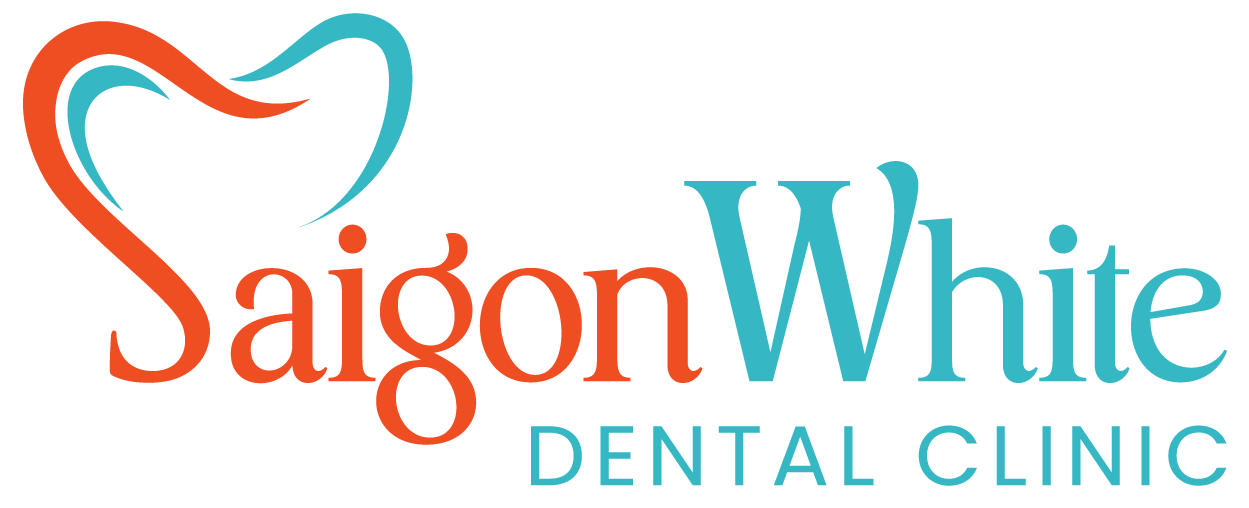Most people understand the basics of brushing and flossing, but many underestimate the value of regular dental checkups. It’s common to think, “I brush twice a day, my teeth don’t hurt — why should I go to the dentist?”
The truth is, dental issues often start silently. By the time you notice pain or discomfort, the problem may have already advanced. Regular dental checkups are the foundation of preventive oral care.

In this article, we’ll explore what happens during a checkup, why they’re important, and how they can protect both your smile and your overall health.
What Happens During a Regular Dental Checkup?
A dental checkup is more than just “looking at your teeth.” It’s a comprehensive examination and cleaning process that involves multiple steps to assess and maintain your oral health.
1. Visual Examination
The dentist examines your teeth, gums, tongue, and oral tissues. They check for:
- Cavities
- Gum inflammation
- Signs of decay or infection
- Bite and alignment issues
2. Professional Dental Cleaning
A dental hygienist performs scaling to remove plaque and hardened tartar, followed by polishing to smooth your enamel and remove surface stains.
3. X-rays (If Necessary)
Depending on your age, oral history, or symptoms, X-rays may be taken to detect:
- Hidden cavities
- Bone loss
- Impacted teeth
- Root infections or abscesses
4. Oral Cancer Screening
Dentists also inspect the soft tissues of your mouth, neck, and throat to check for early signs of oral cancer, which is most treatable when caught early.
5. Consultation and Advice
At the end of the visit, the dentist provides personalized recommendations, discusses any findings, and creates a treatment or prevention plan if needed.
Benefits of Regular Dental Checkups

Early Detection of Dental Problems
One of the biggest advantages of routine checkups is catching issues early:
- Small cavities can be filled before they become painful or require a root canal.
- Gum disease can be reversed in its earliest stages (gingivitis).
- Oral infections can be treated before spreading to other parts of the body.
Early treatment = less pain, less cost, and better outcomes.
Prevention of Tooth Decay and Gum Disease
Plaque is a sticky film of bacteria that builds up on teeth. If not removed regularly, it hardens into tartar and leads to:
- Tooth decay
- Gum inflammation (gingivitis)
- Periodontal disease, which can cause tooth loss
Professional cleanings remove tartar that brushing and flossing can’t reach, keeping your teeth and gums healthy for the long term.
Fresher Breath and Whiter Teeth
Tartar and plaque can cause persistent bad breath (halitosis). A cleaning not only freshens your breath but also removes surface stains caused by coffee, tea, or smoking — giving you a brighter, more confident smile.
Monitoring of Existing Dental Work
If you have fillings, crowns, implants, or bridges, regular checkups ensure:
- No cracks or wear
- Proper fit and bite alignment
- No signs of infection or decay underneath
It’s like maintaining your car — small checkups prevent big, costly repairs.
Overall Health Monitoring
Your mouth is connected to your body. Many systemic conditions show early signs in the mouth:
- Diabetes can cause dry mouth and gum disease.
- Heart disease is linked to chronic gum inflammation.
- Oral cancer is more likely to be treated successfully when found early.
Regular checkups give your dentist the chance to spot these red flags and refer you to a medical professional if needed.
How Often Should You Get a Dental Checkup?
The general recommendation is every six months. However, this can vary based on individual factors such as:
- Age
- Oral hygiene habits
- History of gum disease or cavities
- Smoking or alcohol use
- Pregnancy (hormonal changes can affect gums)
- Medical conditions like diabetes or autoimmune disorders
Some high-risk individuals may need to visit the dentist every 3–4 months, while those with excellent oral health may only need annual visits.
Your dentist will personalize the frequency based on your specific needs.
What Happens If You Skip Dental Checkups?
It’s easy to postpone a dental appointment, especially when your teeth feel fine. However, skipping regular dental checkups can have serious consequences — many of which develop silently without immediate pain or symptoms.
Small Problems Can Turn Into Big Ones
Many dental issues, like cavities or early gum disease, start painlessly. Without a professional exam, these problems can progress unnoticed:
- A tiny cavity may become a deep infection, requiring a root canal or extraction.
- Early gum inflammation (gingivitis) can evolve into periodontitis, leading to bone loss and tooth mobility.
- A cracked tooth may worsen over time and become non-restorable.
Early detection through checkups can prevent these issues or reduce the severity of treatment needed.
Higher Treatment Costs Over Time
Preventive visits — which typically include exams, cleanings, and X-rays — are much more affordable than complex treatments like crowns, implants, or surgeries. Delaying care can result in:
- Emergency dental visits
- More extensive procedures
- Greater financial strain
In most cases, catching problems early saves hundreds or even thousands of dollars.
Risk of Tooth Loss
Gum disease is the leading cause of adult tooth loss, and it often progresses without pain. Without regular cleanings and evaluations, plaque hardens into tartar, triggering inflammation and gum recession. Over time, the support structures of your teeth weaken — sometimes permanently.
Missed Detection of Serious Health Issues
The mouth is a window into your overall health. Conditions such as:
- Oral cancer
- Diabetes
- Heart disease
It can show early warning signs in the mouth, including ulcers, dry mouth, or gum changes. Dentists are trained to detect these signs and refer you to a physician if needed. Skipping visits could mean missing an opportunity for early diagnosis.
Impact on Appearance and Confidence
Without professional cleanings, stains from food, coffee, tea, or tobacco can build up. Tartar can make your smile look dull or yellowed.
This not only affects your appearance but also your confidence in social or professional settings. the mouth. Skipping checkups could mean missing an early, treatable stage of a serious disease.
Addressing Common Fears and Misconceptions
“Dental Visits Are Painful”
Modern dentistry is highly advanced:
- Painless numbing techniques
- Ultra-fine instruments
- Gentle and caring dental professionals
Regular visits often involve no discomfort at all — especially compared to emergency visits.
“I Brush and Floss, So I Don’t Need to Go”
While brushing and flossing are essential, they can’t remove hardened tartar or catch internal problems like impacted teeth or hidden decay. A checkup complements your home care routine.
“Dental Care Is Too Expensive”
Preventive care costs far less than restorative care. Many dental clinics offer affordable packages, payment plans, or insurance coverage for regular checkups.
Dental Checkups for Children and Teens
Establishing healthy dental habits early is crucial. Pediatric checkups help with:
- Monitoring the development of babies’ and permanent teeth
- Identifying early signs of misalignment or bite issues
- Preventing cavities with fluoride treatments or sealants
- Teaching children how to brush and floss effectively
Early dental visits also reduce fear and make kids more comfortable in the dental chair.
Dental Checkups for Adults and Seniors
As we age, our oral health needs evolve. Regular dental checkups for adults and seniors are just as important — if not more — than in childhood. Aging brings about natural changes in the teeth, gums, and bones, and routine dental visits play a vital role in detecting these changes early and managing them effectively.
1. Monitoring for Age-Related Dental Concerns
Adults and seniors are more prone to certain dental conditions, such as:
- Gum recession, which can expose tooth roots and lead to sensitivity or decay
- Tooth wear from years of chewing or grinding (bruxism)
- Dry mouth (xerostomia), often caused by medications, which increases the risk of cavities
- Thinning enamel, which makes teeth more vulnerable to damage
- Oral cancer, which becomes more prevalent with age and requires regular screenings
Routine dental exams help identify these issues early when they’re most treatable.
2. Care for Existing Dental Work
Many older adults have had dental restorations such as:
Dental checkups ensure these restorations are functioning properly and show no signs of wear, decay underneath, or fit problems. Catching damage early helps prevent costly repairs or replacements.
3. Managing Chronic Health Conditions
Health conditions like diabetes, heart disease, and osteoporosis can significantly impact oral health. Regular dental visits allow for:
- Monitoring gum health (diabetics are at higher risk of periodontal disease)
- Preventing bacterial infections that can spread through the bloodstream
- Checking for medication side effects (like dry mouth or inflammation)
- Collaborating with your medical doctor if oral symptoms are linked to systemic issues
4. Maintaining Quality of Life
For many seniors, dental health directly affects:
- Eating habits: Missing or painful teeth can limit food choices
- Speech clarity: Ill-fitting dentures or missing teeth can affect communication
- Confidence: A healthy smile encourages social interaction and self-esteem
Checkups help seniors maintain comfort, nutrition, and dignity in their daily lives.
5. Denture Maintenance and Adjustments
For those who wear full or partial dentures, dental checkups remain essential. Over time, the shape of your jaw can change, causing dentures to loosen or cause sores. During a checkup, the dentist can:
- Check the fit of your dentures
- Clean and polish them professionally
- Adjust or reline them if necessary
- Screen for fungal infections or pressure ulcers under the appliance
A Friendly Reminder: It’s Never Too Late
Even if you haven’t seen a dentist in years, it’s never too late to start. Modern dental care is gentle, respectful, and personalized.
Many clinics offer special care programs for seniors, including easier appointment scheduling, affordability plans, and accessibility support.
The Role of Dental Checkups in Preventive Care
Dental checkups are not just about cleaning your teeth — they are a cornerstone of preventive healthcare.
Regular visits to the dentist help stop problems before they start, saving you time, money, and discomfort in the long run.
During each checkup, your dentist evaluates your oral health, identifies early warning signs of disease, and takes steps to prevent future issues.
From removing tartar buildup to detecting cavities at their earliest stage, dental visits are designed to protect you from avoidable complications.
Preventive care through regular checkups can:
- Catch tooth decay before it requires a root canal
- Detect gum disease before it leads to tooth loss
- Identify bite and jaw problems early in children
- Monitor changes that could indicate oral cancer or systemic health issues
Rather than waiting for pain or damage to occur, preventive dental care allows you to stay ahead of problems and maintain long-term oral health.
In short, regular dental checkups are one of the smartest and most effective health habits you can adopt.
Final Thoughts: Why You Shouldn’t Skip Your Next Dental Visit
Regular dental checkups are a critical part of self-care — no matter your age or dental history. They allow for:
- Early detection of problems
- Cost-effective prevention
- Personalized care based on your needs
Even if your teeth feel fine, it’s worth remembering that dental health is a silent partner in your overall well-being.
Book Your Checkup at Saigon White Dental Today
At Saigon White Dental, we provide gentle, comprehensive checkups for patients of all ages. Whether it’s been six months or six years since your last visit, we’re here to help you protect your smile with modern care and a compassionate touch.
📞 Contact us now or 📲 message us on WhatsApp to schedule your dental checkup — because prevention starts with one simple step.

 Book now
Book now